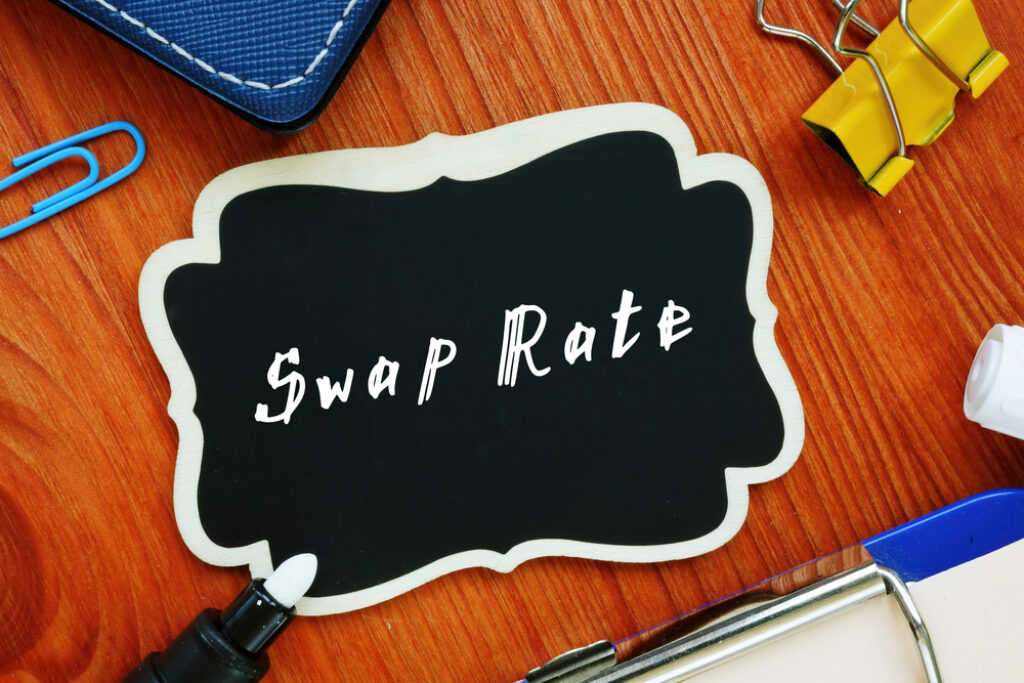Jonathan Samuels, the chief executive of Octane Capital, says mortgage rates could start to climb following a spike in swap rates.
His warning comes off the back of an analysis of swap rates by Octane Capital.
The data suggests that buying a property could cost borrowers more in the months ahead.
Autumn Budget
It follows the Autumn Budget last week, which saw some massive tax hikes, including for the property sector.

Are you up to date with the latest vulnerability requirements?
Sponsored by Halifax Intermediaries
Second homeowners and landlords now have an additional two percentage points to pay on new purchases.
Stamp duty for these buyers was increased by Chancellor Rachel Reeves in the Autumn Budget from 3% to 5%.
Samuels said: “The Autumn Statement wasn’t well-received by the bonds markets and gilt yields shot up almost immediately, with bond investors understandably concerned about the amount of borrowing announced, given that it was more than expected.”
Increase in swap rates
The analysis by Octane Capital shows that the average one-year swap rate increased by 0.03% to 4.543% on the Thursday following the Budget.
At the same time, the average five-year swap rate was up 0.05% to 4.277%.
Swap rates had eased marginally by Friday 1 November and they remained higher than the pre-Budget benchmark, with the one-year rate at 4.529% and the five-year rate at 4.268%.
However, as of Monday 4 November, they had surged again, with the one-year rate hitting 4.551% and the five-year rate climbing to 4.287%.
Both exceeded the increased rate seen the Thursday following the Autumn Budget.
It is the highest one-year rate seen since 2 September, while the last time the five-year rate was this high was on 1 July.
Samuels added: “The mortgage market had been heading very much in the right direction following a very tough period, and so the hope is that this initial increase in swap rates is an overreaction rather than the first of a series of bond hikes like [those] that [were] seen following the Truss mini Budget.
“The hike to second home stamp duty charges certainly won’t help the situation, though, and should landlords also see the cost of borrowing climb along with mortgage rates, a double-pronged increase in investment costs could give the private rental market a very negative jolt.”





